City Lunch With Srishti Behl Arya
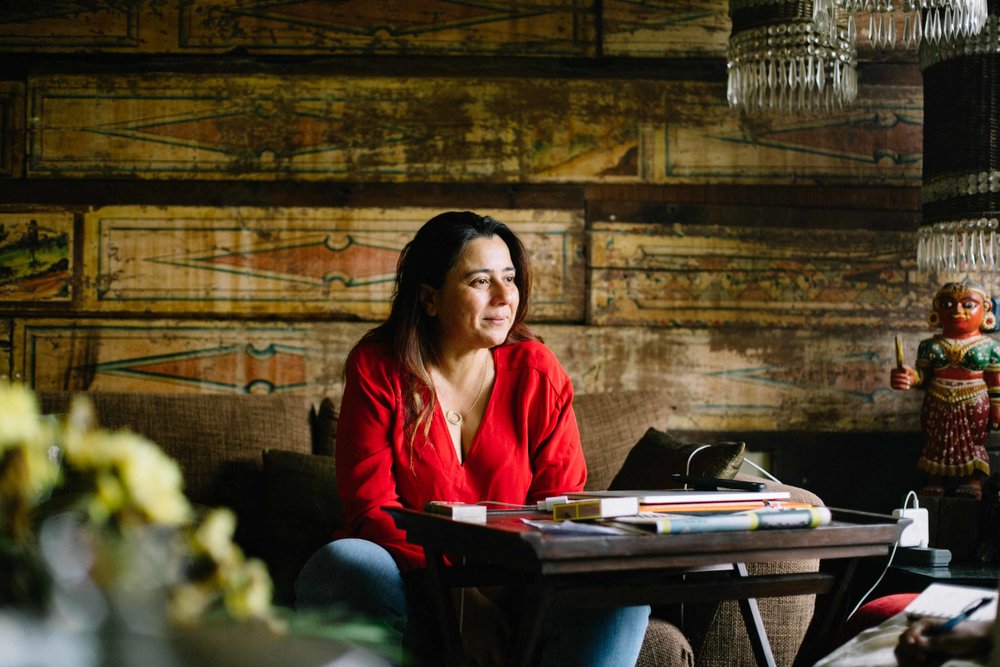
#1000Kitchens is a series that goes into kitchens all over the country, documenting heirloom recipes that tell a story. In this edition, we spend an afternoon at Srishti Behl Arya’s Mumbai home, discussing culinary identity. eating mutton curry and pav.
The chairs around Srishti's dining table are unexpectedly heavy. We pull them out, heaving a bit, and sit elbow-to-elbow at the table. Not for a lack of space; there's just so much food on the table. Mutton curry, dal, pav, rice, raita. Her home echoes these same themes: enormous spaces filled with interesting details. Walls fitted with antique panels from a temple trip to the south, deep couches surrounded by objet d'art, large windows frame a tropical window garden, and dark wood coffee tables that are stacked with books and fading Havisham-like flower arrangements.
Srishti herself is on the couch, frowning over her spectacles, switching between laptop and phone (“I'm in the middle of lunch, so if you don't mind the sound of my chewing, we can talk”). Her son, a senior at boarding school is home for the holidays. He sets down the disposable camera that has just arrived in the mail, for a quick cuddle with mum on the couch. Their retriever, Eenu, nuzzles in, not wanting to be left out.
“You know what's a really Punju thing,” Srishti explains, animated, “is combinations! We're really big on the look and feel of a dish; the flavours and textures of a meal. If there's mutton, there will always be pav, potato and dal. If nothing else, it will be ek peela ek hara.”
The mutton we are eating is her grandmother's recipe. Or at the least, a version of her grandmother's recipe. “It started out a very Amritsari recipe. But our cook, who's been with us for 15 years, is Bihari. So now it carries Bihari influences.” Srishti believes it’s a sign of the times. “Food is like culture, you either evolve or you die,” she says matter-of-factly. Srishti makes a Punjabi version of her family's Maharashtrian thecha, and a khatta-meeta Hyderabadi dal. Part of the reason for her interpretative style of cooking is that recipes are not easily shared. “I don’t understand this hoarding of recipes! When I ask for recipes, I’m always met with, Arre, why do you want recipes when we're here? We'll make it for you!” But in typically determined fashion, refusing to be deterred, she recreated her favourite dishes by taste. The thecha in her household is delicious, and deviates from the traditional recipe in that it is made without peanuts.
"We were born in Mumbai,” she explains, of her mother and siblings. “In a way, we’re a mix of what the culture is, and what it can be. We don’t have the deep roots of people from smaller towns. Everything we eat is an interpretation of the original. It’s our version of aloo matar, our version of Hyderabadi dal. Food in our house is a melting pot. We're not purists; we're mud bloods," she says with an easy laugh. “I like to think of the food in my house, like the city of Mumbai. There’s something for everyone.”
Srishti Behl Arya didn't finish college. Instead, when her dad, a film producer passed away unexpectedly, she took over the film he was working on and plunged into the working life at 17. “My father never wanted me to cook. I was his princess,” she says wryly. “So I learnt to cook from books. I was given a set of Tarla Dalal at my wedding, can you believe it! (Vegetarian food is against my religion). Then I moved to Camellia Panjabi and tried all these elaborate things before I came back to the flavours I knew.” She phoned her grandmother to get the recipe for this mutton curry. But Chandrani Behl having none of it. “Yeh banane mein kya hai. ki hai? enj kar enj kar… do this, do this, and there, it’s done!”
“Here’s a fun fact — my grandmother, who made the best mutton in the world, was vegetarian! She moved here from Amritsar 35 years ago, completely uneducated, but a fantastic cook.” Biji’s (as Srishti calls her grandmother) recipe involves cooking whole garam masala first, and salting only at the end. “She’d always tell me soonke dalthe hai — smell, then season, and you’ll get the proportions right. I used to think maybe it was because she was hard of sight, or that in those days there wasn't too much light in the kitchens... Whatever the reason, I find myself doing it too now — I can smell a dish, and know if it is done.”
Srishti's family is multi-cultural — Maharashtrian, Punjabi, Hyderabadi Muslim — and she remarks on the nuances of each culinary style; observations from someone who loves food, and cooks well enough to know the differences. “We like to cook on dum. But the Maharashtrian cabbage, which I love, is cooked on open flame, so it stays crisp. Maharashtrian food is simple and elegant. But I have a weakness for masala, and Bihari-style cooking (like her cook’s) is village-level spicy.” We can’t take notes fast enough. “It’s in the little things, but it makes all the difference, truly: Do you mash or slice the garlic? Do you add potato to the sauce, or keep it light? My grandfather was a Pathan from Peshawar, and their community adds saag (spinach) to mutton gravies; the Hyderabadi side of the family, on the other hand, add apricots and beetroot — as a tenderiser, and to add a soft sweetness.”
Srishti’s job keeps her too busy to cook most evenings, and so it is her cook that is the present keeper of Chandrani Behl’s mutton curry recipe. “I’m sure he'll even tell you that it’s his recipe!” Srishti laughs. “But who’s to say it isn’t. Evolve or die, right?”
As we sit around the table, it is clear Srishti loves being host. “Where’s the rice?” She returns with a bowl of freshly steamed rice from the kitchen. “I’m a rice eater,” she offers apologetically. When she got married and moved out, her mother pointed out that the household rice consumption of dropped by a third. “But it’s not like I ate it all myself!” she protests. “When it’s on the table, everyone eats it, am I right?”
Srishti Behl Arya’s Amritsari Mutton Curry
Ingredients
300 g onion
1 kg mutton
200 g tomato
50 g ginger
6-8 green chilli
50 g garlic
100 g oil
1/2 bunch coriander
2 tbsp salt, or to taste
1/2 tsp turmeric
1 tsp Kashmiri chilli powder
For Garam Masala
1 tbsp akka jeera
t tsp kali mirch
1 bada elaichi
2 clove
1 petal star anise
1-inch stick cinnamon
1 tbsp jeera
Method
Hand-pound the ingredients for garam masala. Alternatively, run them in the mixer.
To the mixer, add the ginger, garlic, coriander (setting aside a few sprigs for garnish) and tomato along with the garam masala.
In a wok, heat the oil until it shimmers. On high flame, add in the onions and fry till brown.
Add in the ingredients from the mixer with salt, turmeric and chilli powder, and saute for 10 minutes.
Now, add in the mutton.
Cook for 15-20 minutes on a low flame, roasting slowly until the oil separates.
Now, pressure cook for 3 whistles.
Release the steam, open the cooker, and garnish with coriander before serving.
Best enjoyed with pav, and freshly sliced onions and wedges of lime.
Words by Anisha Rachel Oommen; photographs by Aysha Tanya.
ALSO ON THE GOYA JOURNAL






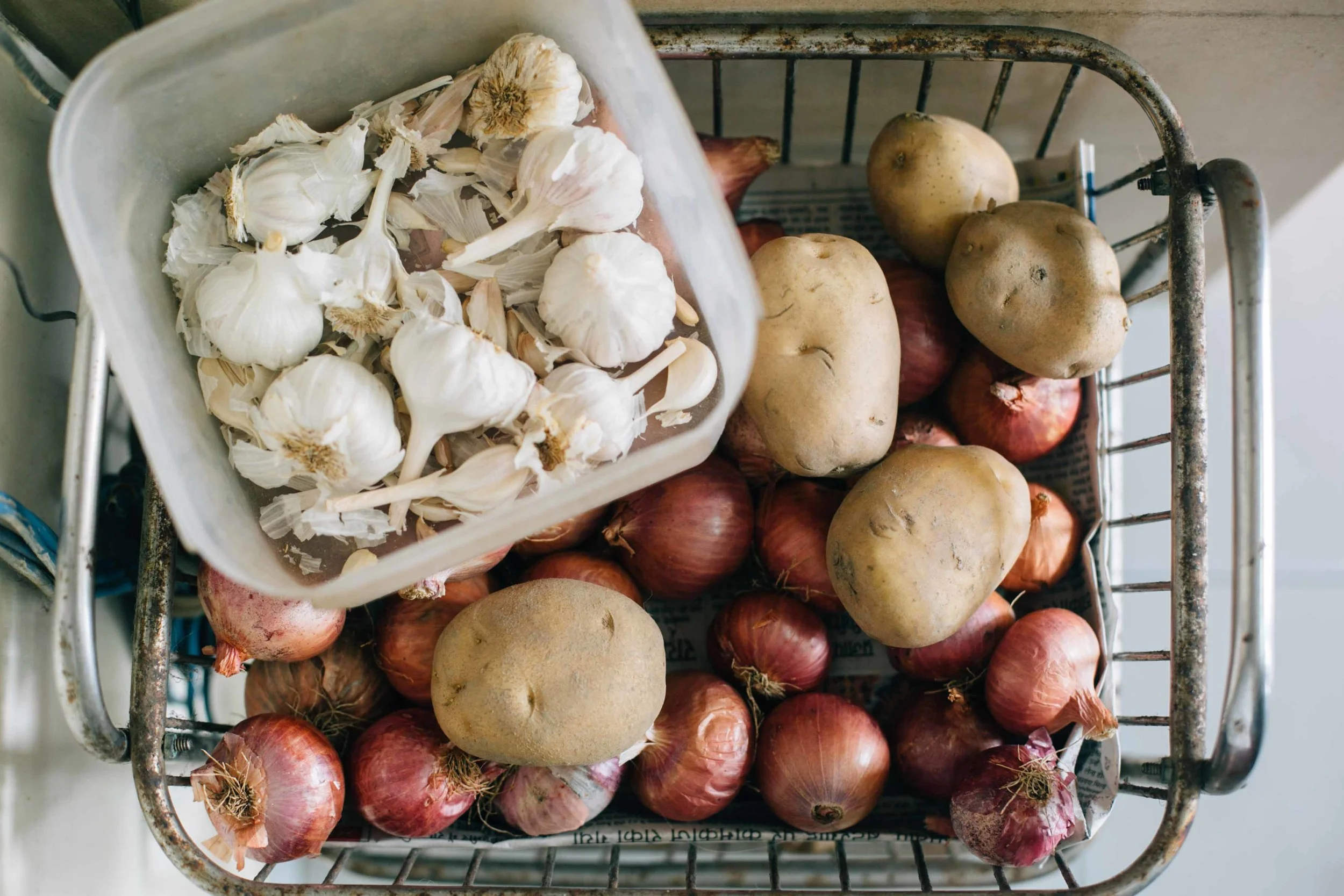





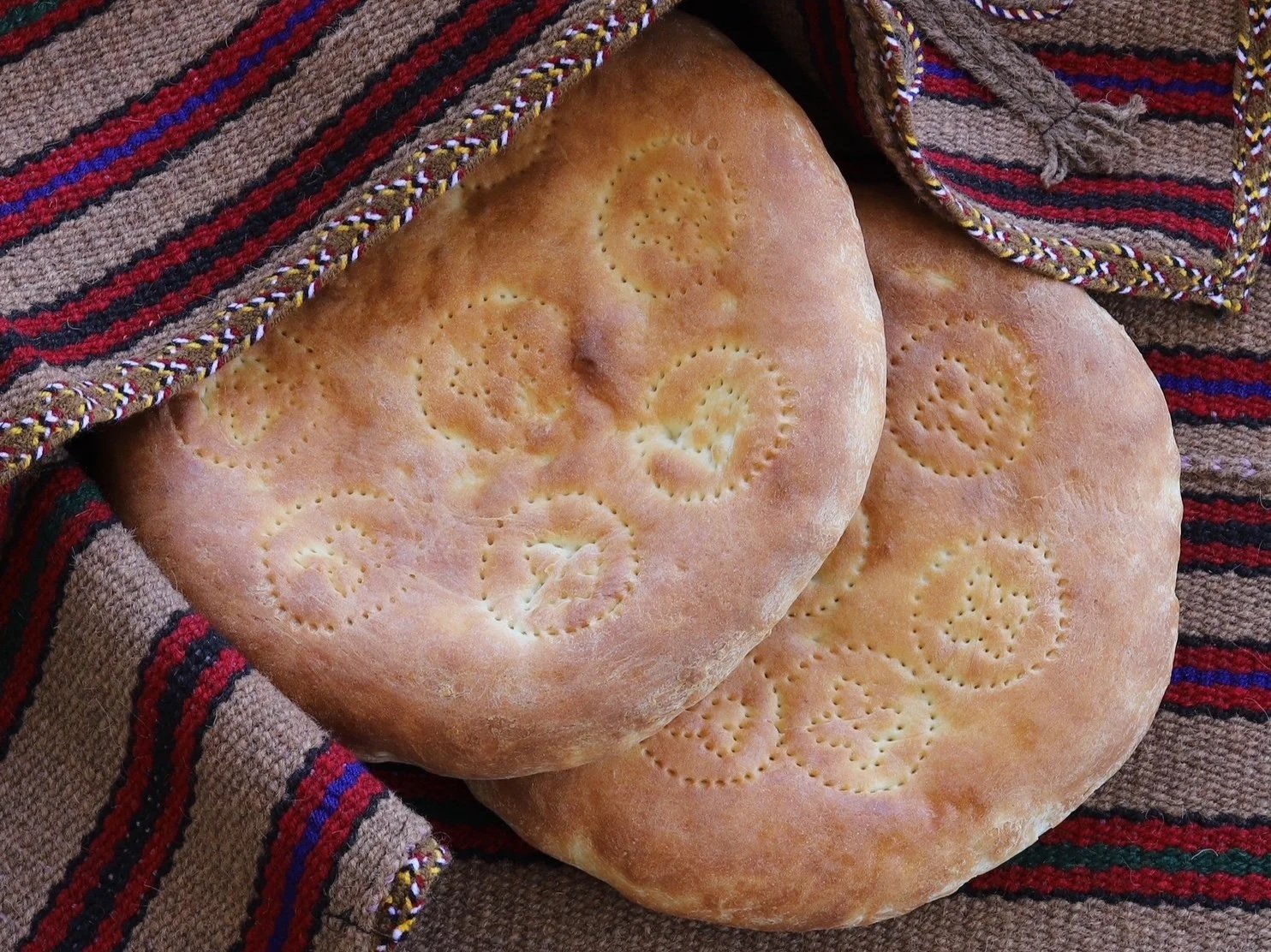
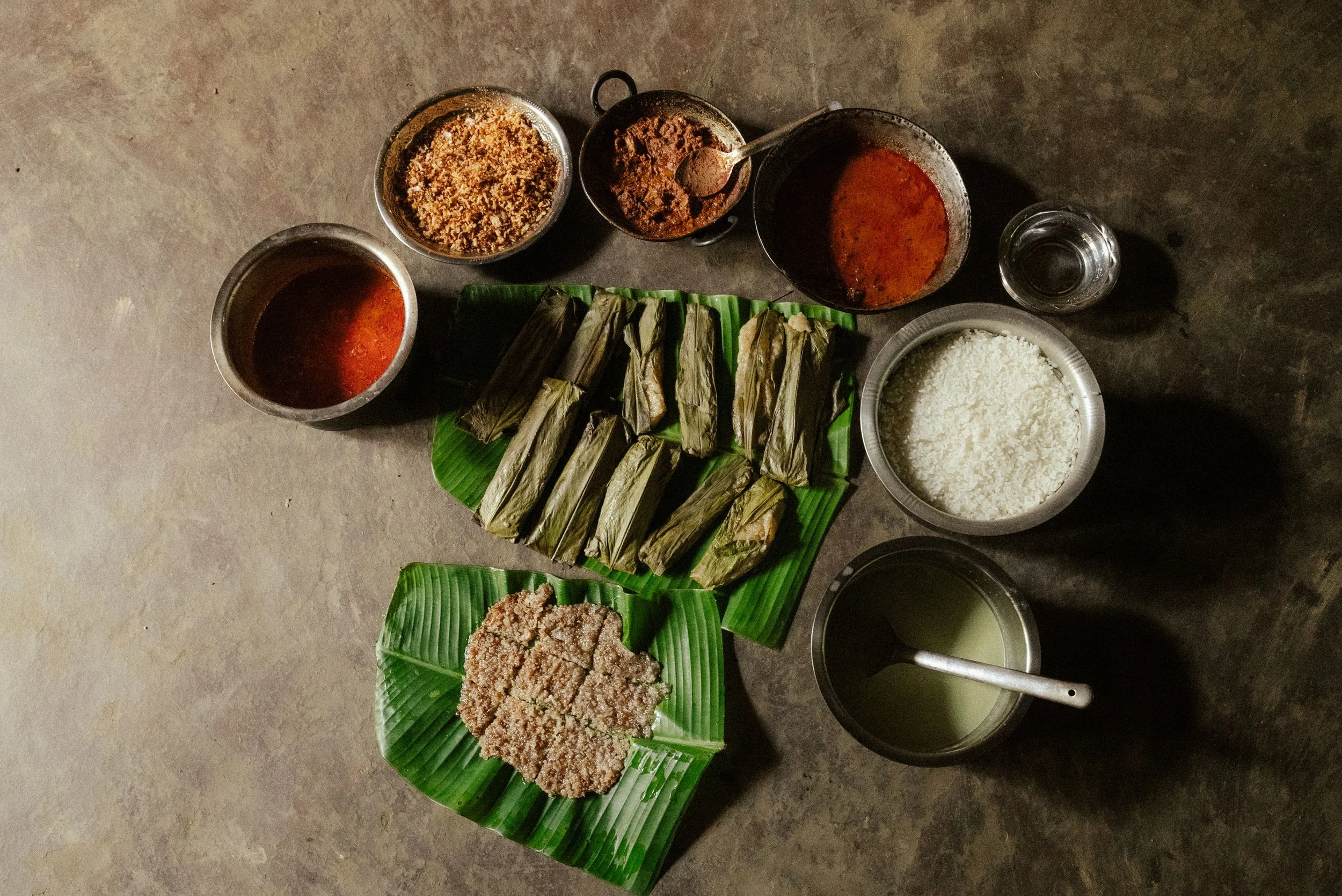
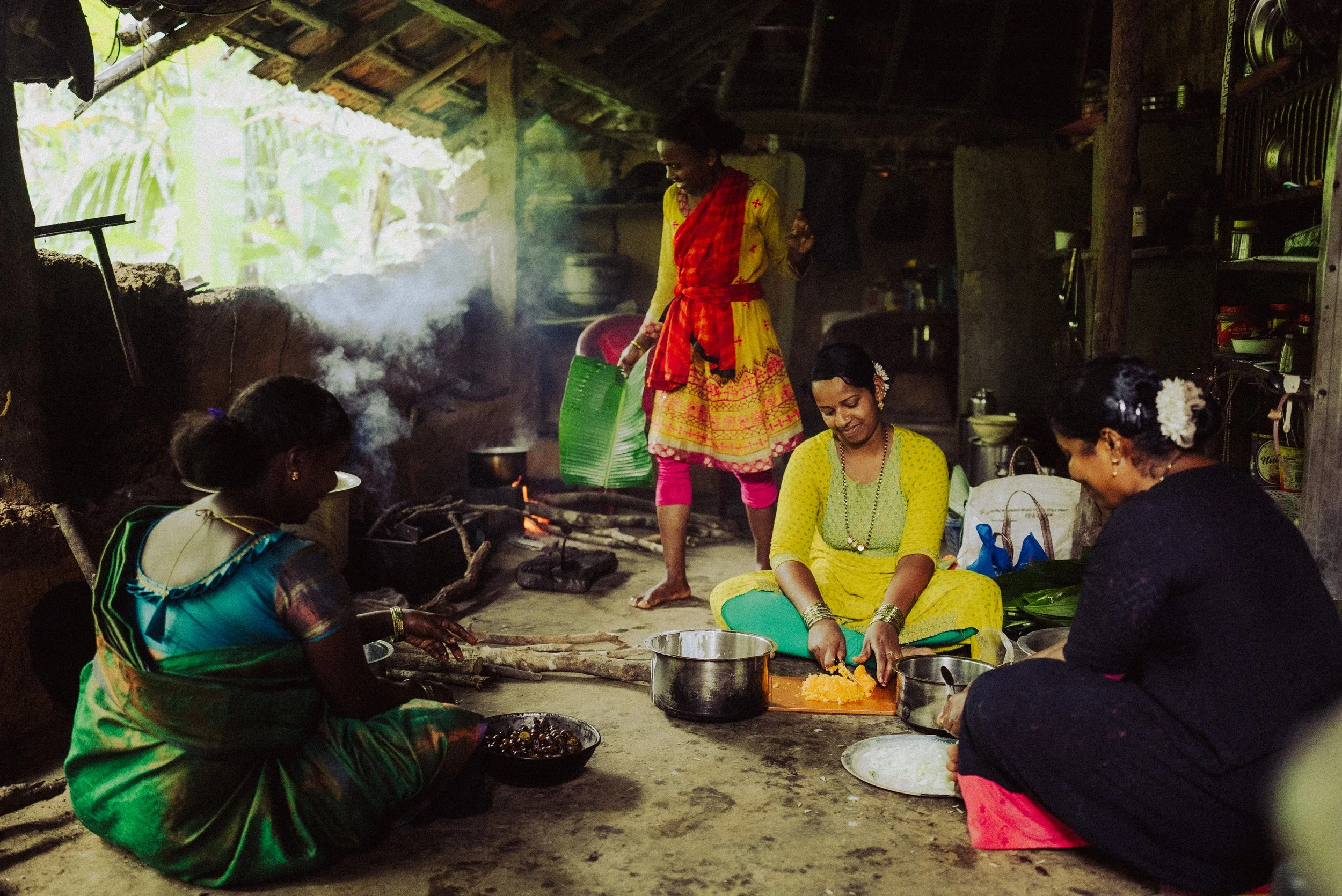
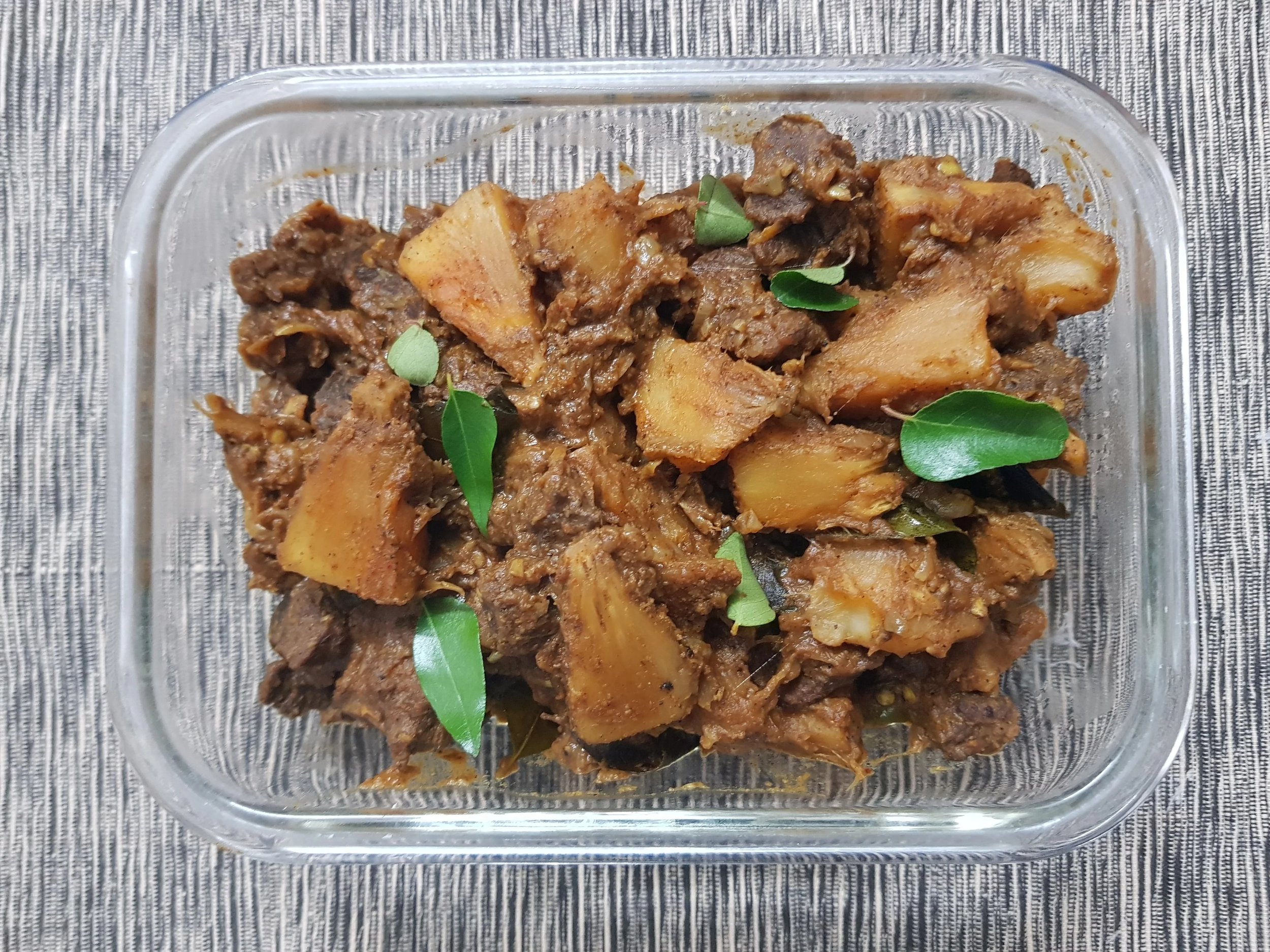
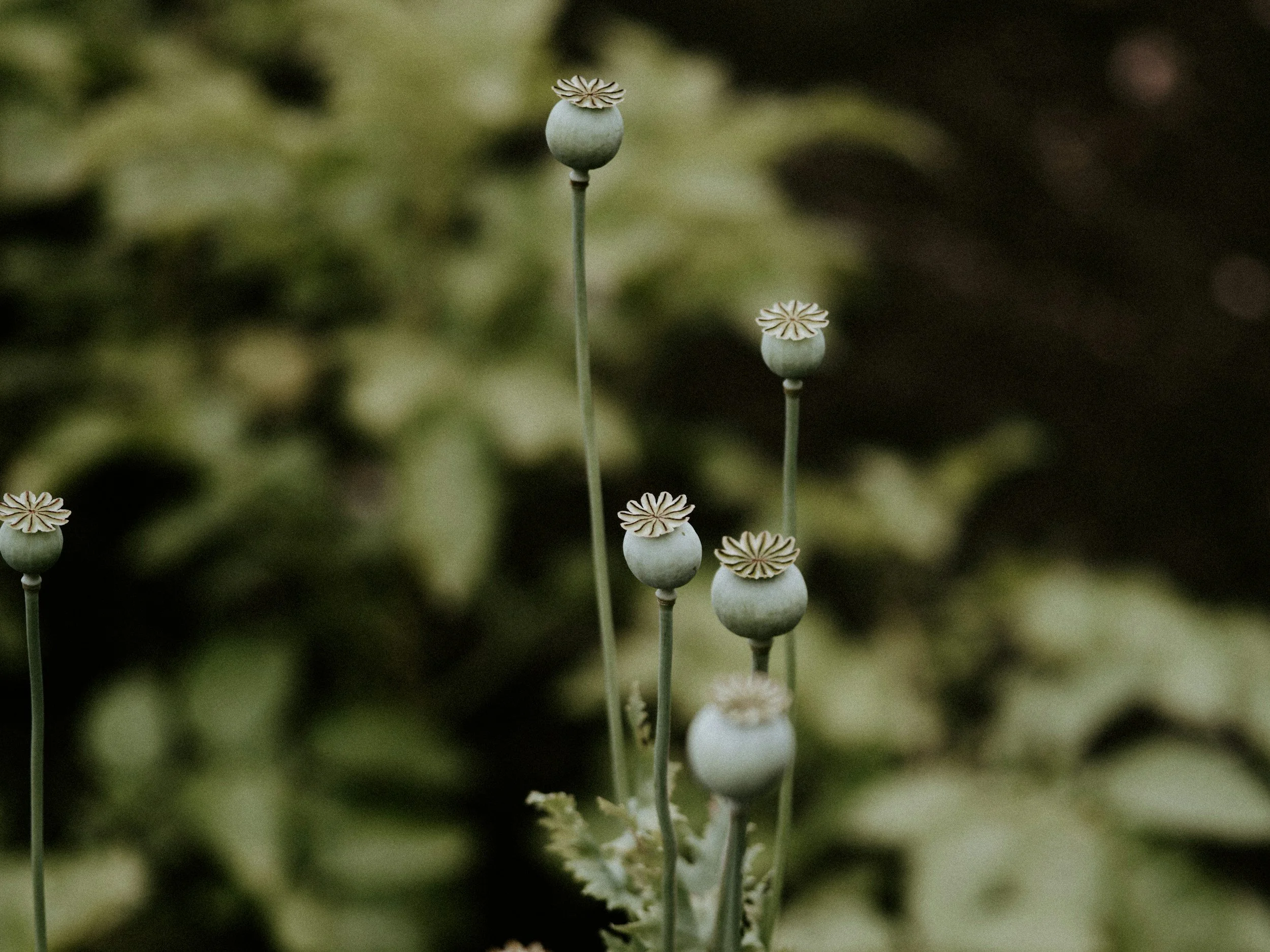
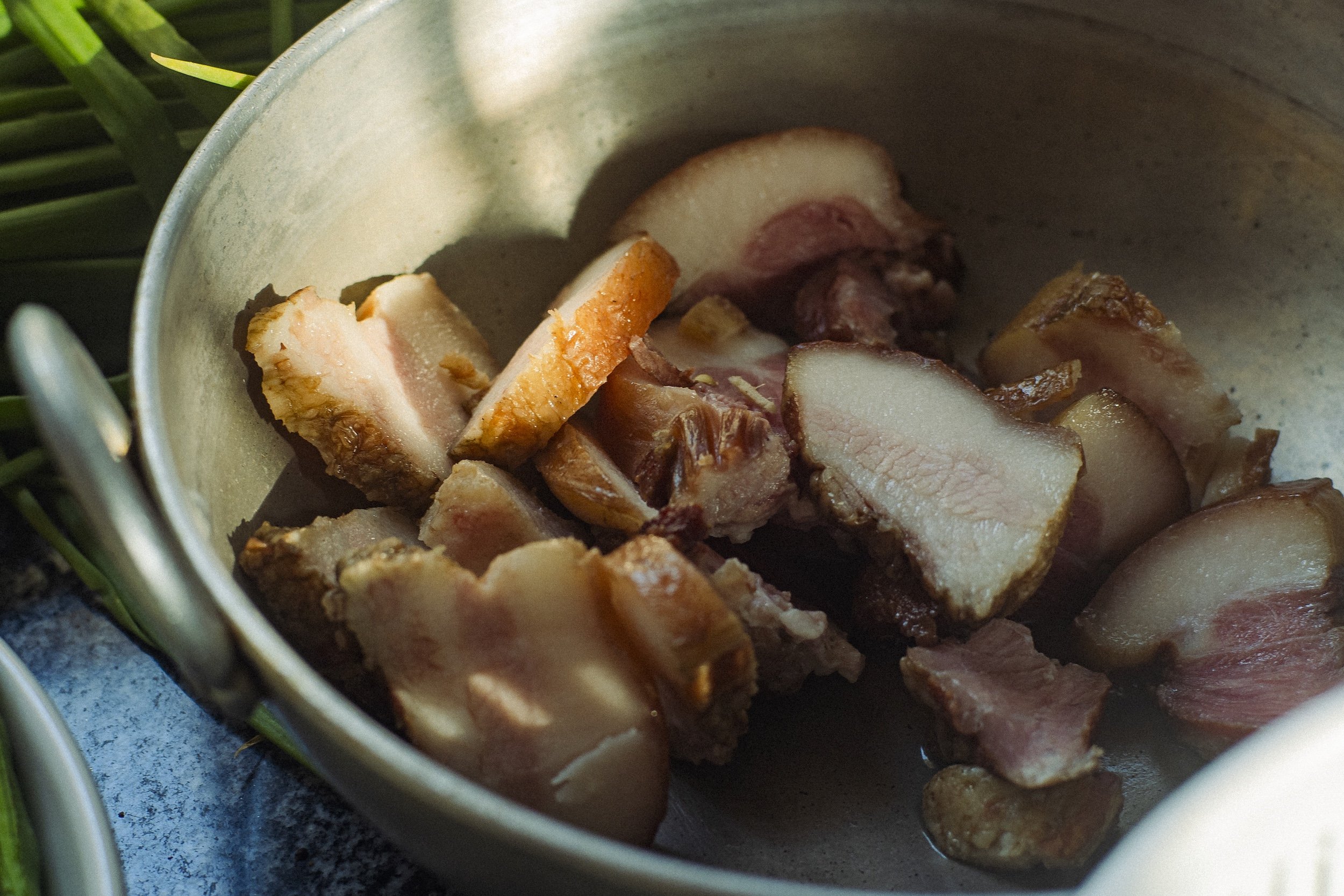
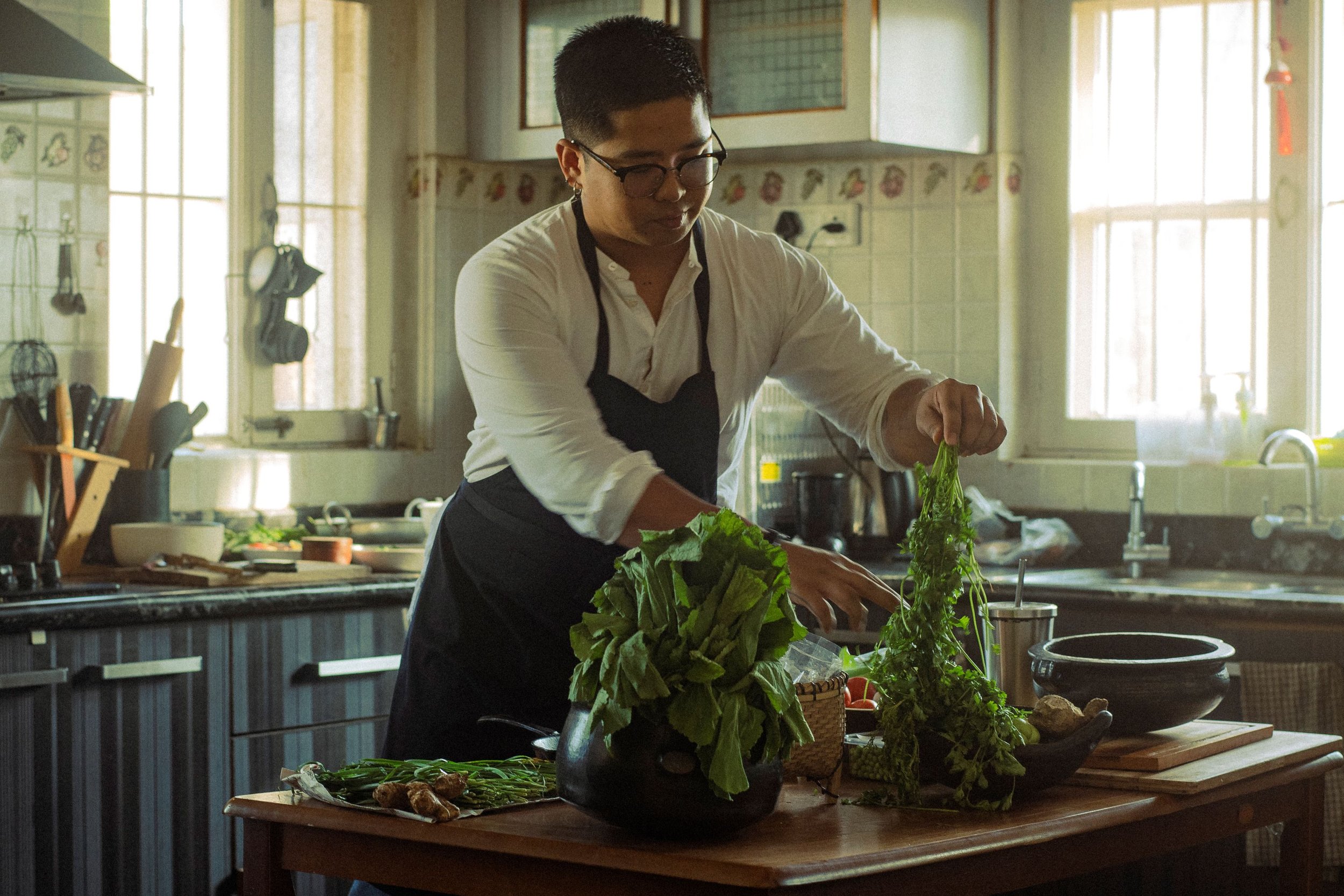
Neo-nomad cuisine at its finest | Terrence Manne